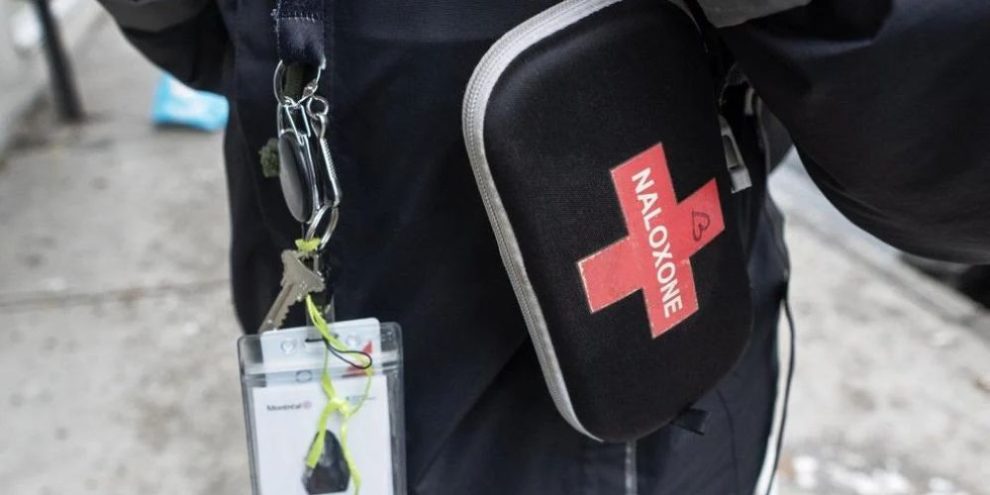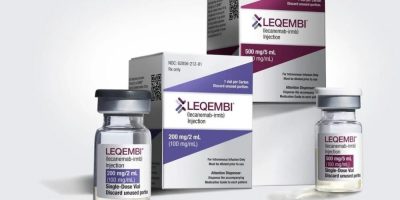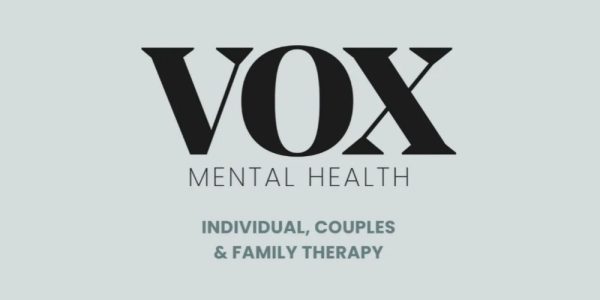
An editorial published in the Canadian Medical Association Journal on Monday says more youth are using opioids and calls for urgent action to provide treatment when they become addicted.
"The scary thing is that we know that earlier onset of use is associated with more severe presentations and more likely progression to addiction or severe opioid use disorder," said co-author Dr. Shawn Kelly, a pediatrician specializing in treating addiction in Ottawa.
Survey Data Shows Alarming Trends
Kelly and co-author Dr. Shannon Charlebois, medical editor of the CMAJ, cited data from the Ontario Student Drug Use and Health Survey, which found a dramatic rise in students using prescription painkillers for non-medical reasons — increasing from 12.7 per cent in 2021 to 21.8 per cent in 2023.
That survey also said students in grades 7 to 9 were more likely to report using those opioids than older students in grades 10 to 12. Another paper cited in the editorial found that some youth began using opioids when they were as young as 10 years old.
Hydromorphone Use Among Teens
Kelly said the data is "shocking," but reflects what he sees in his practice.
He's seeing an increase in youth using hydromorphone — an opioid prescribed for pain with the brand name Dilaudid — as a party drug they often call "dillies."
It's difficult to say why hydromorphone has become popular, Kelly said, but noted adolescents perceive "prescription opioids" as safer than "street drugs."
However, youth are still in danger of overdosing amid a toxic drug supply, he said.
Emergency Visits and Deaths Among Youth
Nine per cent of all opioid-related emergency department visits in Ontario in 2021 were patients from 15 to 24 years of age. That age group also accounted for eight per cent of opioid-related deaths, the editorial said.
Barriers to Treatment Access
Early opioid use can lead to addiction that requires treatment with methadone or buprenorphine/naloxone (known by the brand name suboxone) but many primary care providers aren't comfortable prescribing those medications to adolescents and teens — something that needs to change, the authors said.
Kelly said better access to those treatments will help prevent future overdoses and hardships — for youth now and later when they become adults.
Barrie's News Delivered To Your Inbox
By submitting this form, you are consenting to receive marketing emails from: Central Ontario Broadcasting, 431 Huronia Rd, Barrie, Ontario, CA, https://www.cobroadcasting.com. You can revoke your consent to receive emails at any time by using the SafeUnsubscribe® link, found at the bottom of every email. Emails are serviced by Constant Contact
"I know exactly what opioid use looks like in your 20s and I know how awful it gets and how housing instability or experiencing homelessness and human trafficking and criminality and all of the awful things that go with a significant opioid use disorder," he said.
"Getting to intervene early ... can make such a major difference in deflecting somebody from what is a horrible reality that you'd wish on nobody."
Mental Health Crisis Compounds the Issue
In addition to a drug overdose crisis, youth are living with a "mental health crisis that has been worsening for over a decade (and) was exacerbated and accelerated by the pandemic," Kelly said.
Many of his patients with opioid addiction also have mental health issues, especially depression, anxiety and attention-deficit hyperactivity disorder (ADHD).
Inadequate access to psychological care for youth is another challenge that governments need to address, but methadone or suboxone can be prescribed without mental health support as a first step, Kelly said.
"They're going to require treatment for all of these things in order to have successful full lives to their potential, but they have no opportunity to recover from their other mental health conditions if they're dead," he said.
Call to Action for Health-Care Providers and Parents
The editorial calls for anyone who treats young people — including family doctors, and pediatricians — to get the training they need to screen for drug use and prescribing methadone or suboxone when needed.
Some doctors may not realize they can now legally prescribe those medications, which relieve opioid withdrawal symptoms and cravings, Kelly said.
Health-care providers used to need a special exemption to prescribe methadone, but Health Canada lifted that requirement in 2018 in the midst of the overdose crisis.
Honest conversations between parents and their kids about drug use are also critical, Kelly said, noting that all parents of adolescents should have naloxone, which is used to reverse opioid overdoses, at home.











